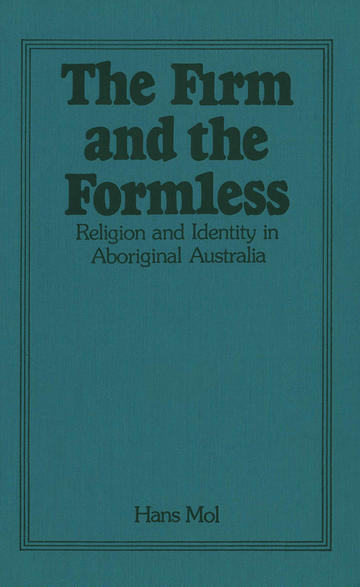This volume is woven around the idea that wholeness (the firm) and fragmentation (risking formlessness) alternate in human affairs. This theme is applied to the history and the present condition of Australian Aboriginals. Their religion is seen as a way to bolster a precarious identity and to affirm order in an existence which would otherwise become formless. It deals with totemism as a form of ordering a variety of often conflicting identities. The author describes the modern predicament of Aborigines in Australian society and concludes that their revitalization will occur only when they manage to make economic self-sufficiency subordinate to a viable and firm view of existence. He critically integrates into his analyses and interpretations the positions of such well-known scholars as Frazer, Durkheim, Freud, Lévi-Strauss, Radcliffe-Brown, Eliade, and Stanner. The volume will be of interest to students of sociology, anthropology, and religion.
Hans J. Mol holds the Ph.D. degree in sociology from Columbia University, New York. He has held academic positions in New Zealand and Australia and is now professor in the Religious Studies Department of McMaster University. His best–known books are Religion in Australia, Western Religion, and Identity and the Sacred.



